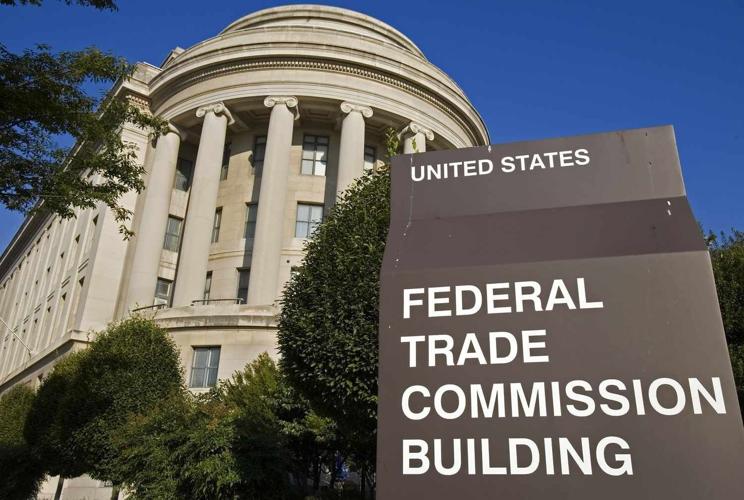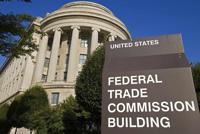
WASHINGTON – In the last year, the Federal Trade Commission has twice used a rarely utilized law meant to prohibit price discrimination and protect smaller retailers.
Enacted in 1936, the Robinson-Patman Act amended the Clayton Act by ensuring large chains couldn’t use their buying power to get special treatment and better prices from suppliers. The FTC and the Department of Justice can use the RPA, but private plaintiffs have been the primary force behind any RPA lawsuits. From 2000 to 2023, the government didn’t file any RPA lawsuits.
But late last year, the FTC filed a complaint in federal court in California claiming Southern Glazer’s Wine and Spirits – the largest U.S. distributor of wine and spirts – violated the RPA by giving quantity discounts and other rebates exclusively to large chains, even when not justified by any cost-saving efficiencies. The FTC said the distributor charged small, independent retailers “as much as 12% to 67% more for the same bottles of certain wine and spirits than national and regional chains in the exact same geographic area.”
And in January, the FTC filed an RPA suit in federal court in New York claiming PepsiCo. gave a large retailer preferential pricing and discounts. But the FTC voluntarily dismissed that case in May, saying the lawsuit had been rushed under the Biden administration FTC. It was filed three days before President Trump was inaugurated “in in a nakedly political effort to commit this administration to pursuing little more than a hunch that Pepsi had violated the law,” according to FTC Chairman Andrew Ferguson. “Taxpayer dollars should not be used for legally dubious partisan stunts. The FTC’s outstanding staff will instead get back to work protecting consumers and ensuring a fair and competitive business environment.”
Later this week, a hearing is scheduled on Capitol Hill to discuss the Robinson-Patman Act. Republicans seem more cautious about using the RPA, but Ferguson and FTC Commissioner Mark Meador – both Republicans – have expressed support for RPA enforcement under certain circumstances. Meador even said use of the law could help lower prices.
But while the intent of the RPA is good, a Washington, D.C., economist says act typically doesn’t benefit the public.

Brannon
“The intention is to prevent large chains from being able to consistently offer lower prices than small mom-and-pop businesses,” said Ike Brannon, president of Capital Policy Analytics. “In situations where it is effective, it results in higher prices. If Coke has to charge a bodega the same price it gives to Walmart, overall prices tend to be higher.
“It may be the case that an effective Robinson-Patman Act means we have more retailers operating, but it comes at the cost of higher prices.”
Brannon said the FTC’s sudden use of the RPA again can be traced back to former Chairwoman Lina Khan.
“Albeit pretty late in her term, Khan used Robinson Patman because she sees any evidence of market power as per se problematic even if it might result in lower prices,” he told Legal Newsline. “Her entire theory of market competition is that her job is not to maximize consumer welfare – which would be done by facilitating a market that produced the lowest prices for consumers – but to constrain the power of retailers for some inchoate reason.
“I suspect that she dropped the case against Pepsi at the last minute because the White House had told her not to pursue it and she went ahead and did it when she had nothing to lose.”
Brannon said he sees the RPA as anti-consumer.
“There's no coherent rationale for why this would lower prices unless you believe that a community can end up with a complete monopolist for groceries,” he said. “That rarely happens. And even if it does, it’s not the case that the remaining grocer vigorously raises prices.”
Brannon said he thinks the FTC’s dismissal of the Pepsi case was a “reflexive act” based on the change in administration, but he also said it’s difficult to see exactly how the Trump administration feels about the RPA, antitrust enforcement, mergers and consumer protection.
“It does seem more interested in thinking about consumer benefits when making decisions, but it doesn't seem completely dismissive of Lina Khan's work,” Brannon said.
He also said private litigation citing the RPA is more common, and those cases are typically what gets the FTC involved.
In June, a group called Power Buying Dealers USA Inc. filed a lawsuit in federal court in Illinois against Juul Labs claiming the company violated the RPA by offering greater allocation of certain e-cigarette products for which rebates were payable to competitor (and defendant) HS Wholesale. It also says Juul offered HS discounts and rebates that were denied to it. The court dismissed the case, but PBD has moved to have the dismissal reconsidered.
And in February, a group of small retail stores filed a class action claiming Pepsi sold Frito-Lay snacks to grocery stores at prices 43-46% lower than what it charges convenience stores and that the grocery stores also can negotiate what amounts to discounts for the products.










